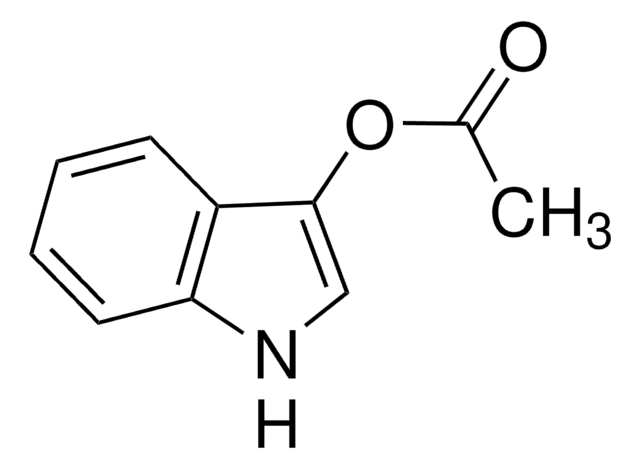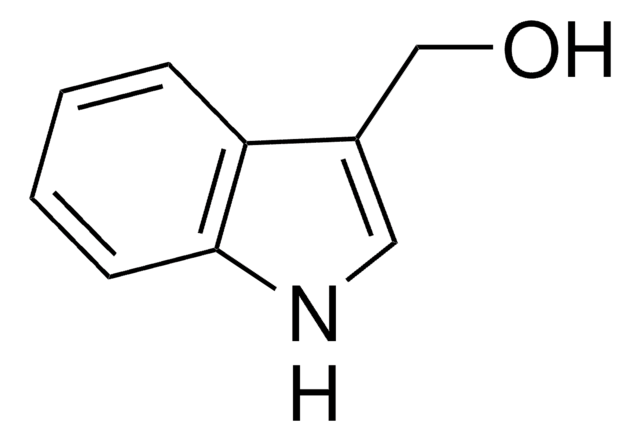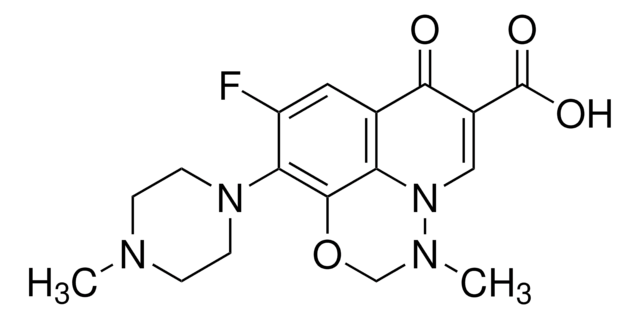L2906
Lomefloxacin hydrochloride
Sinónimos:
1-Ethyl-6,8-difluoro-1,4-dihydro-7-(3-methyl-1-piperazinyl)-4-oxo-3-quinolinecarboxylic acid
About This Item
Productos recomendados
biological source
synthetic
Quality Level
color
white to off-white
antibiotic activity spectrum
Gram-negative bacteria
Gram-positive bacteria
mode of action
DNA synthesis | interferes
enzyme | inhibits
storage temp.
−20°C
SMILES string
Cl.CCN1C=C(C(O)=O)C(=O)c2cc(F)c(N3CCNC(C)C3)c(F)c12
InChI
1S/C17H19F2N3O3.ClH/c1-3-21-8-11(17(24)25)16(23)10-6-12(18)15(13(19)14(10)21)22-5-4-20-9(2)7-22;/h6,8-9,20H,3-5,7H2,1-2H3,(H,24,25);1H
InChI key
KXEBLAPZMOQCKO-UHFFFAOYSA-N
General description
Application
Biochem/physiol Actions
Elija entre una de las versiones más recientes:
Certificados de análisis (COA)
¿No ve la versión correcta?
Si necesita una versión concreta, puede buscar un certificado específico por el número de lote.
¿Ya tiene este producto?
Encuentre la documentación para los productos que ha comprado recientemente en la Biblioteca de documentos.
Los clientes también vieron
Nuestro equipo de científicos tiene experiencia en todas las áreas de investigación: Ciencias de la vida, Ciencia de los materiales, Síntesis química, Cromatografía, Analítica y muchas otras.
Póngase en contacto con el Servicio técnico













